Eurozone slips into technical recession: Official figures
The eurozone has entered a technical recession in the first three months of 2023, bringing households under increasing pressure from rising living costs across the 20 countries that use the euro as their currency, Eurostat figures show.
Figures from the EU's statistics office showed Thursday that gross domestic product (GDP) fell by 0.1% in the first quarter, after revisions to earlier estimates.
The eurozone figure for the fourth quarter of 2022 was also cut to -0.1% from a previous reading of zero.
A technical recession is generally defined as two successive quarters of negative growth.
The EU's statistic agency revised down an earlier forecast that had predicted slight growth, after the bloc's powerhouse, Germany, said last month it had fallen into recession.
In a first reading, Eurostat said the eurozone grew by 0.1% over the first three months of the year.
This pronouncement was adjusted down after Germany also cut its growth figures for the same period, and effectively entered a recession.
In total, eight EU countries contracted in the first three months of the year, with Ireland shrinking the most, by 4.6 percent.
Along with Germany and Ireland, the GDP also declined quarter-on-quarter in Lithuania, the Netherlands, Estonia, Malta, Hungary and Greece.
A recession had been expected towards the end of last year as the eurozone wrestled with high energy and food prices.
Households across the single currency bloc have come under pressure from the rising cost of living after the start of the war in Ukraine triggered a sharp increase in gas prices and fueled the highest rates of inflation since the euro zone was established.
According to Eurostat figures, household spending stripped 0.1 percentage points, public expenditure 0.3 points and inventory changes 0.4 points from quarterly GDP.
The European Central Bank said its monthly survey showed last month that people in the euro area are not optimistic about inflation, and that price pressures will remain strong for years to come.
If people expect price pressures to remain high for longer, it makes them more likely to push for higher wages and accept higher prices, fueling more inflation, in said.
Andrew Kenningham, chief Europe economist at Capital Economics, also said in a note on Thursday that consumer spending had been “hit hard” by the combination of high inflation and rising interest rates. “We suspect that the economy will contract further over the rest of this year.”
Iran announces massive public funeral for 'Martyr Leader' Imam Khamenei
FM Araghchi: Trump betrayed diplomacy, Americans by attacking Iran
CIA turns to Kurdish militants to destabilize Iran after war failures: Report
Iran won’t remain silent in face of aggression: Envoy
Tehran warns EU against ‘Nazi mindsets,’ slams German backing of Israeli-US aggression
Iran agreed to nuclear concessions in Geneva talks – and then US-Israel bombed
Witkoff undermined Iran talks by peddling lies to build case for military aggression: Report
Scrutiny mounts over Trump’s Iran war amid contradictory claims, soaring costs: Reports


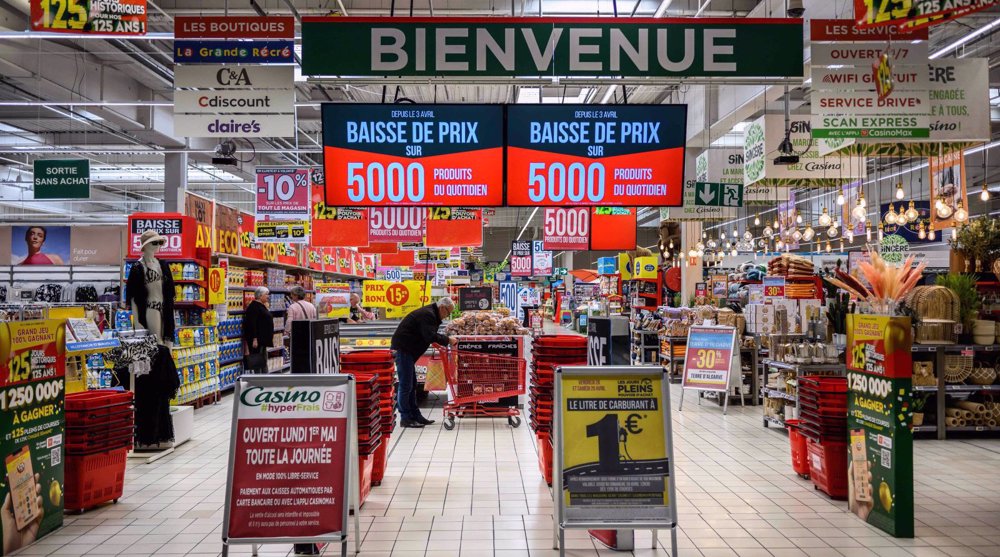

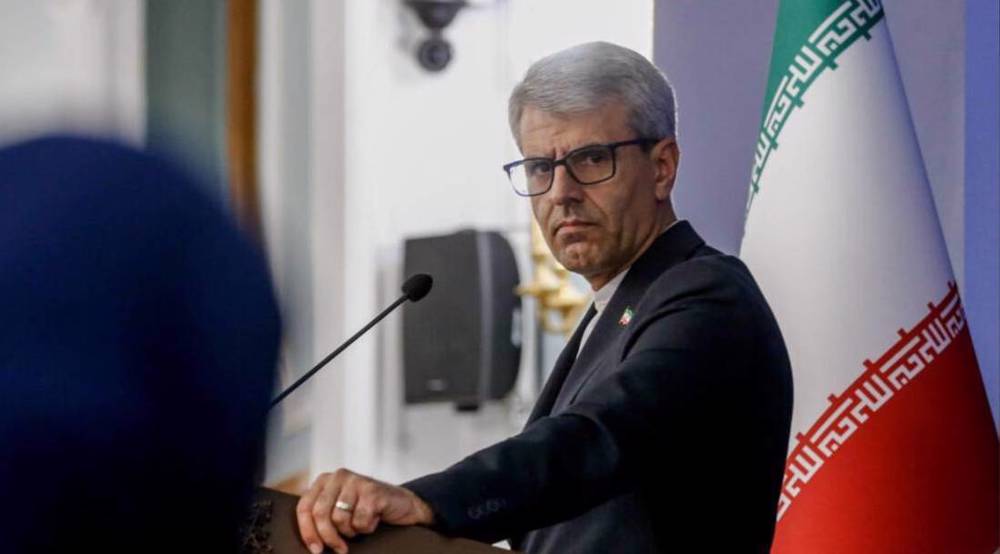
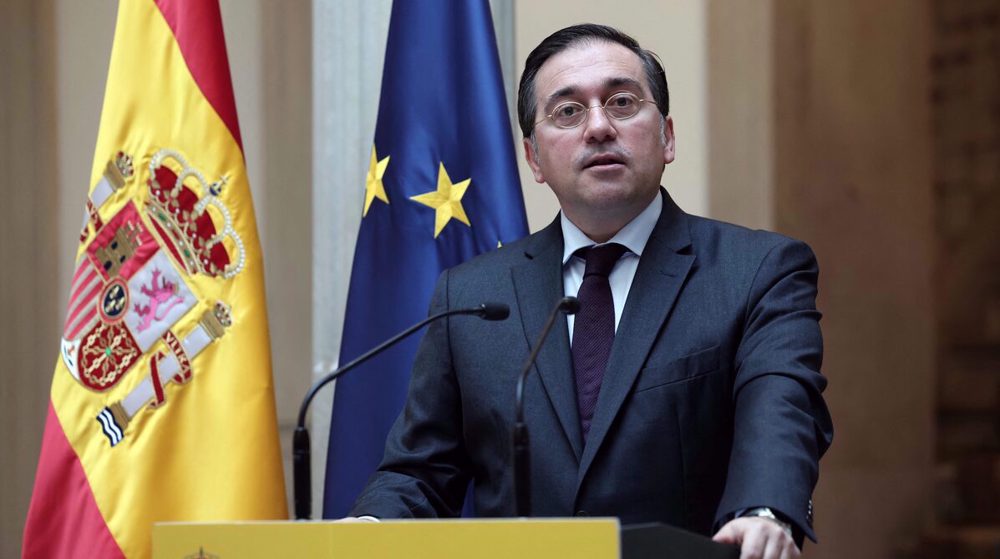
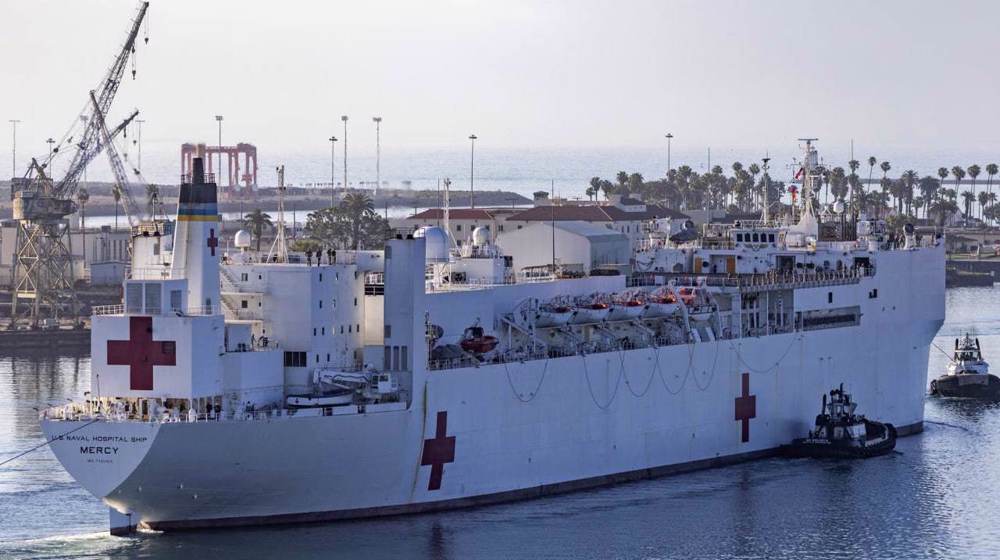




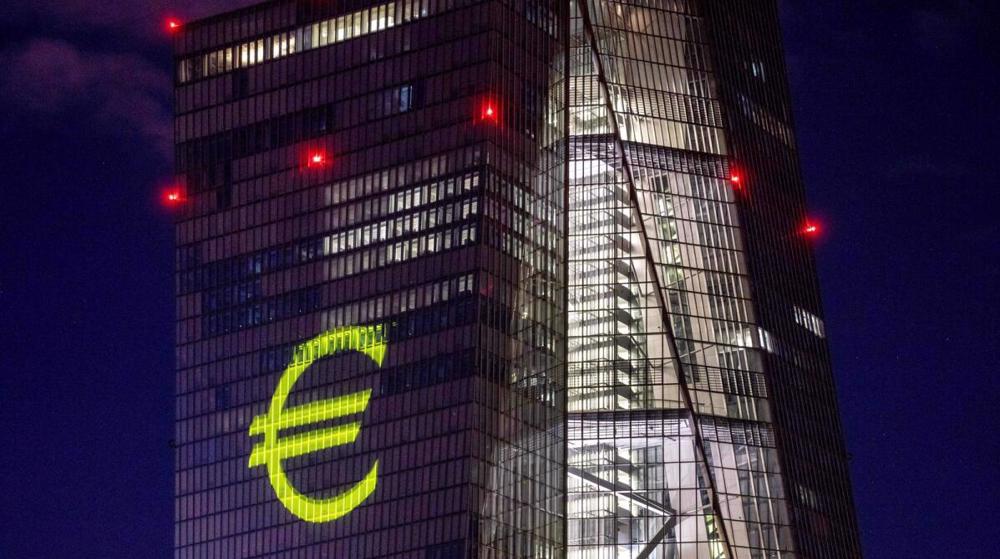

 This makes it easy to access the Press TV website
This makes it easy to access the Press TV website